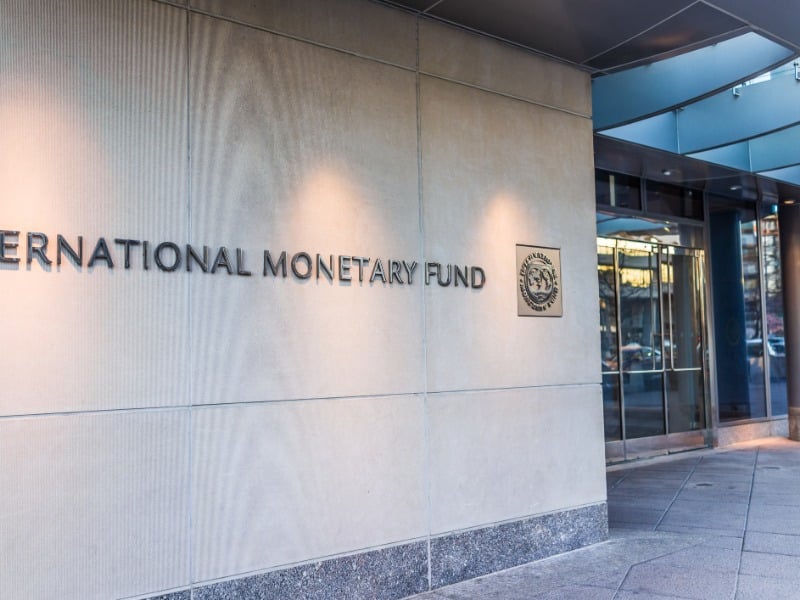The International Monetary Fund (IMF) has identified five critical policy areas to bolster financial inclusion in Nigeria, Africa’s most populous nation. These priorities aim to address the persistent gaps in access to financial services, particularly among underserved segments of the population.
Key Policy Recommendations
-
Expanding Financial Access Points: The IMF emphasises the need to increase the availability of financial access points, such as bank branches, ATMs, and mobile money agents, particularly in rural and underserved areas.
-
Promoting Digital Financial Services: Leveraging technology to promote digital financial services, including mobile banking and digital payments, can significantly enhance financial inclusion by making services more accessible and convenient.
-
Improving Financial Literacy: Raising financial literacy levels among the population is essential for individuals to make informed decisions about their financial choices and effectively utilise financial products and services.
-
Upgrading the Fintech Framework: Strengthening the regulatory framework for fintech operations can foster innovation and competition, leading to more affordable and accessible financial services.
-
Enhancing CBDC Features and Uses: Central Bank Digital Currencies (CBDCs) have the potential to revolutionise financial inclusion by providing a safe, accessible, and efficient means of payment. The IMF recommends exploring ways to expand the features and uses of CBDCs in Nigeria.


